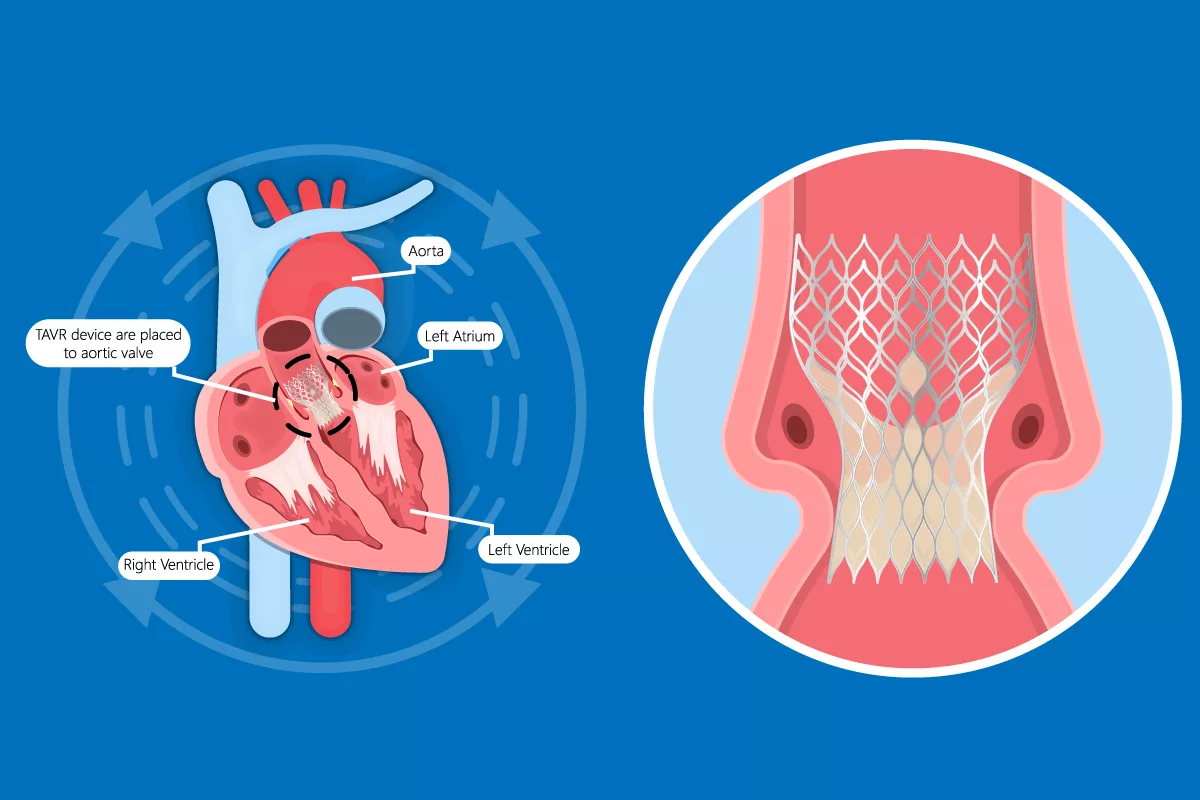It’s never a great look. The morning meeting is in full swing but thanks to a late night out your brain switches off at the precise moment a question comes your way. Such momentary lapses in attention are a common problem for the sleep deprived, but what happens in the brain in these spells of mental shutdown has proved hard to pin down. Now scientists have shed light on the process and found there is more to zoning out than meets the eye. The brief loss of focus coincides with a wave of fluid flowing out of the brain, which returns once attention recovers. “The moment somebody’s attention fails is the moment this wave of fluid starts to pulse,” said Dr Laura Lewis, a senior author on the study at MIT in Boston. “It’s not just that your neurons aren’t paying attention to the world, there’s this big change in fluid in the brain at the same time.” Lewis and her colleague Dr Zinong Yang investigated the sleep-deprived brain to understand the kinds of attention failures that lead drowsy drivers to crash and tired animals to become a predator’s lunch. In the study, 26 volunteers took turns to wear an EEG cap while lying in an fMRI scanner. This enabled the scientists to monitor the brain’s electrical activity and physiological changes during tests in which people had to respond as quickly as possible to hearing a tone or seeing crosshairs on a screen turn into a square. Each volunteer was scanned after a restful night’s sleep at home and after a night of total sleep deprivation supervised by scientists at the laboratory. Unsurprisingly, people performed far worse when sleep deprived, responding more slowly or not at all. The lapses in attention came with striking changes. Scans revealed a wave of cerebrospinal fluid being expelled from the brain moments after attention dropped and returning a second or so after the lapse ended. Such waves are normally seen in deep sleep and are thought to help the brain flush out metabolic waste that builds up during the day. Other measurements showed that the pupils of people’s eyes constricted about 12 seconds before the fluid left the brain and returned to normal after the lapse. Breathing and heart rate also fell, the researchers report in Nature Neuroscience. While more questions remain, the lapses seem to happen when the brain tries to juggle normal cognitive functioning with essential maintenance that is normally carried out during sleep. “It’s your brain trying to take a break,” Yang said. Prof Bill Wisden, the director of the UK Dementia Research Institute at Imperial College London, said the work highlighted the profound changes sleep deprivation could have on the brain. “It is not clear if these changes in brain fluid flow with sleep deprivation are good and protective in some way or bad and pathological,” he said. Dr Ria Kodosaki, a neuroscientist at UCL, said the changes seemed to be “structured, biological events that look a lot like the onset of sleep, and the lapses in attention are not passive but organised to essentially give the brain a small rest”. She said: “Paradoxical as it may be, these dangerous lapses may be the brain’s way of protecting itself. Think of them as forced pit stops: the brain temporarily drops its external focus to perform essential housekeeping.”
Scans shed light on changes in brain when we zone out while tired
Study finds lapses of attention in sleep-deprived people coincide with wave of fluid flowing out of the brain



